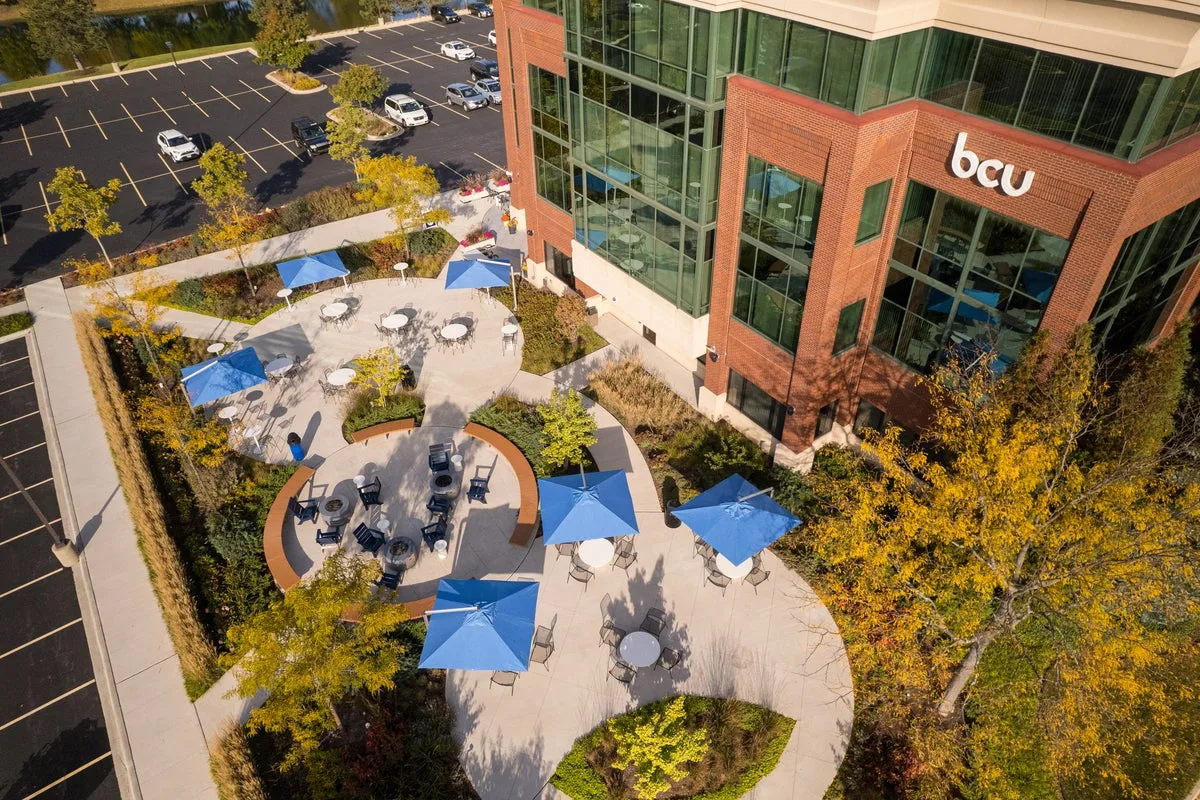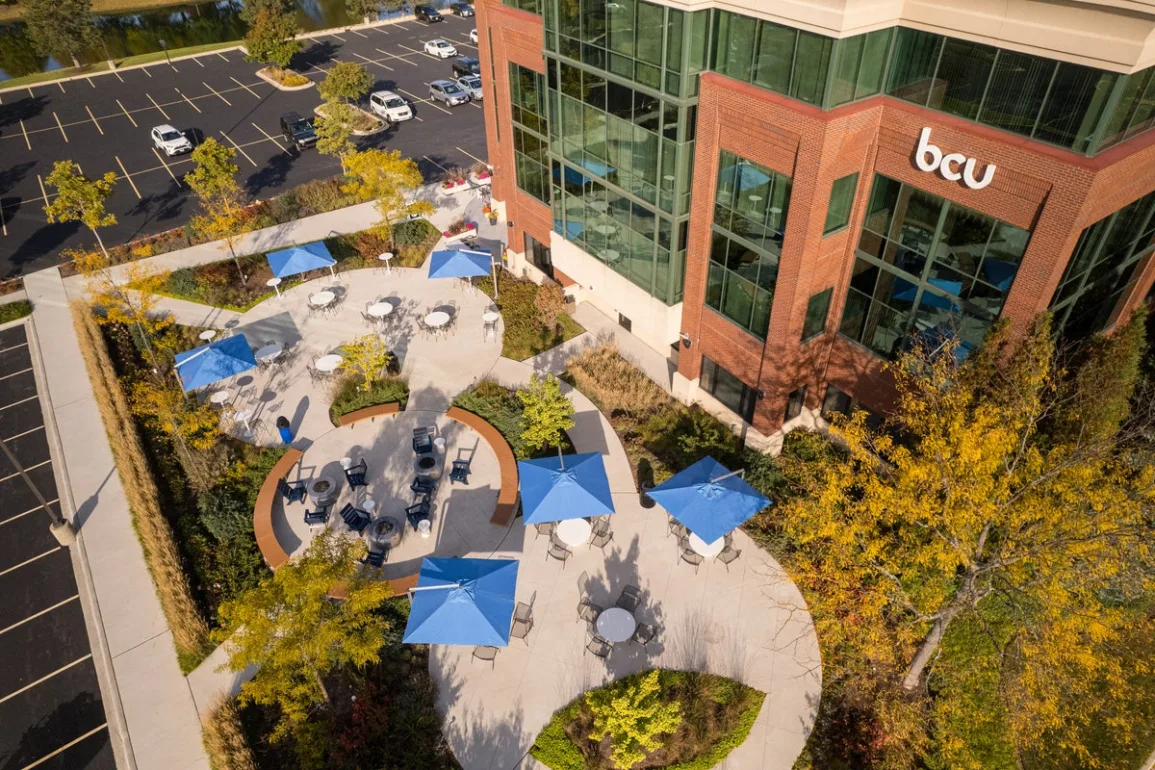
There’s a standing joke in the executive team at BCU that every strategy or initiative built to service the Credit Union’s 350,000-plus members runs through IT.
Whether it’s maintaining uptime, rolling out digital banking and payment services, or delivering seamless customer experiences, the 77-person-and-growing IT organization is at the epicenter of BCU’s business strategy and innovation, making it a dynamic and rewarding place to pursue an IT career.
And the results are no joke: The team oversaw 150 successful projects in the past year, the two most notable being a conversion of a legacy monolithic middleware environment into a modern microservices architecture, plus the transition to a full agile value stream methodology for project delivery. Both initiatives enable the IT organization to be more responsive to fast-changing business strategy and the needs of its members and employees.
“The lines have blurred between IT and the business driving overall business strategy,” says Scott Zulpo, senior vice president and chief technology officer at BCU, which ranks No. 4 among small companies in Computerworld’s “Best Places to Work in IT 2024” survey. “IT is very strategic to the delivery of business solutions back to our members — it’s considered a core competency for the [Credit Union’s] success.”
An emphasis on well-being, in and out of the office
BCU believes that employee well-being is essential to its success, and postpandemic it operates with a flexible work model that lets employees work where they work best. Unlike other hybrid models that mandate specific weekly in-office days, BCU has no such guidelines. IT personnel local to the Credit Union’s headquarters are encouraged to come into the office on Wednesdays, with free lunches and barista-made coffee specials as part of the draw.
To support remote workers, BCU launched an enhanced virtual desktop environment called “roam,” which delivers access to all necessary applications, wherever workers are. There is also a multitude of training and checkpoint resources designed to foster productivity. “We have a high level of trust and are goal-oriented, so we think it’s important to build in the flexibility,” Zulpo says. “As long as we are delivering high-level results, we don’t feel we have to manage remote work.”
DEI (diversity, equity, and inclusion) is a guiding principle at BCU, and the IT organization has embraced the idea of connecting diverse employees, representing different parts of the organization, to bond and freely share ideas. Across the IT team, 36% of the staff identifies as part of a minority group and 32% of IT managers are women — a diverse mix that helps bring different perspectives for building and optimizing a great member experience, Zulpo says. Companywide employee resource groups (ERGs) have been established to build community among Asian, LatinX, women, and African American groups in addition to BCyoU, a multigenerational ERG, and another group devoted to exploring Agile Innovation.
The company also hosts a variety of informal social and development events to bring IT and business users together, with the goal of having fun and strengthening relationships. Onsite food trucks, cookouts, virtual and in-person happy hours, entertainment, and therapy dog visits are just some examples of how BCU fosters camaraderie among its employees.
“We like to work hard and play hard and get people together,” Zulpo says. “These events drive a higher level of respect for one another while also being fun. Giving people the chance to be open and themselves fosters new ideas and higher levels of collaboration. It builds trust and ultimately ensures better outcomes for what we are trying to do.”


